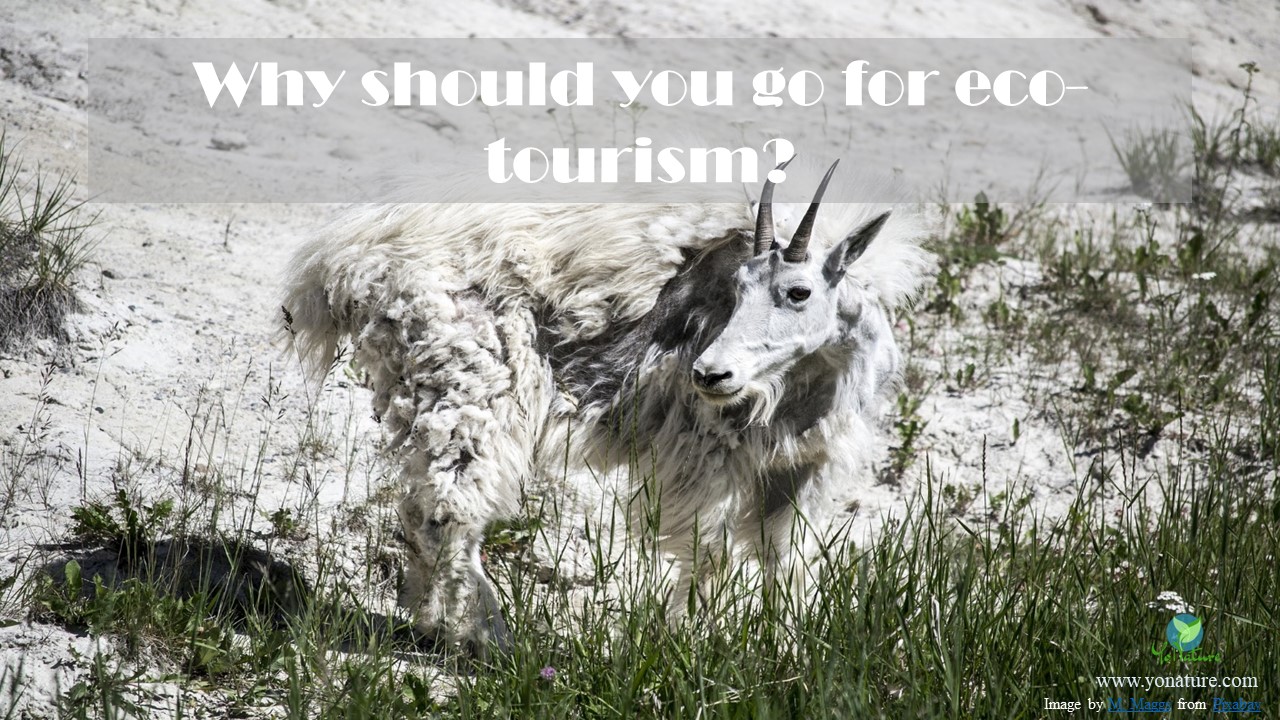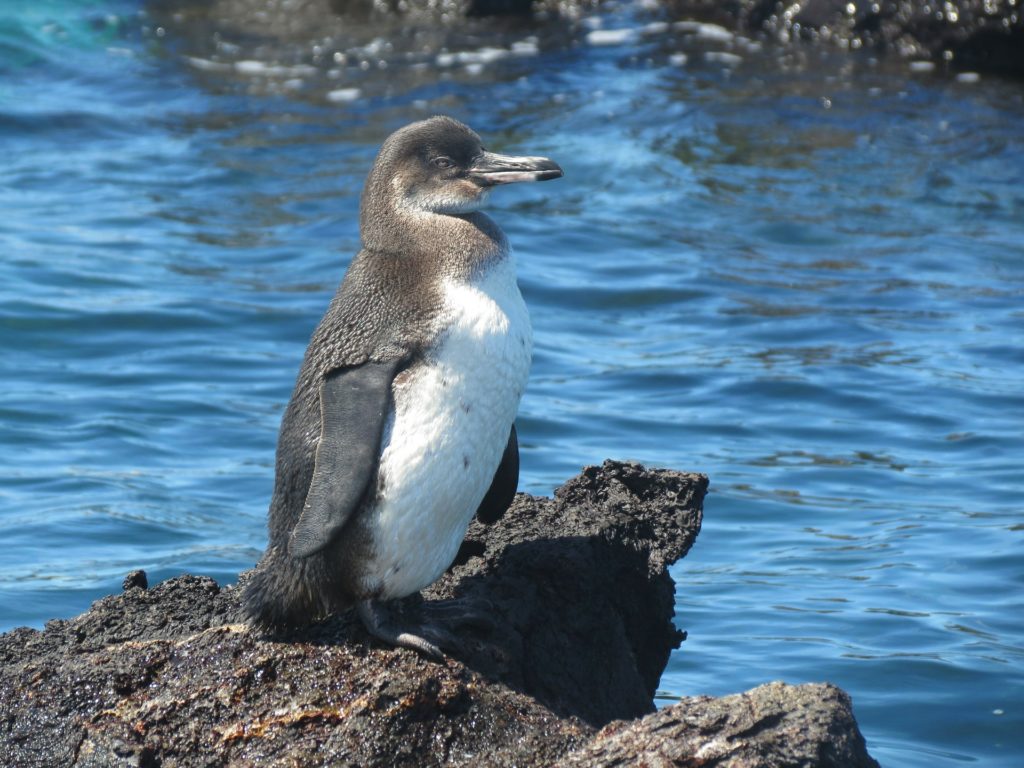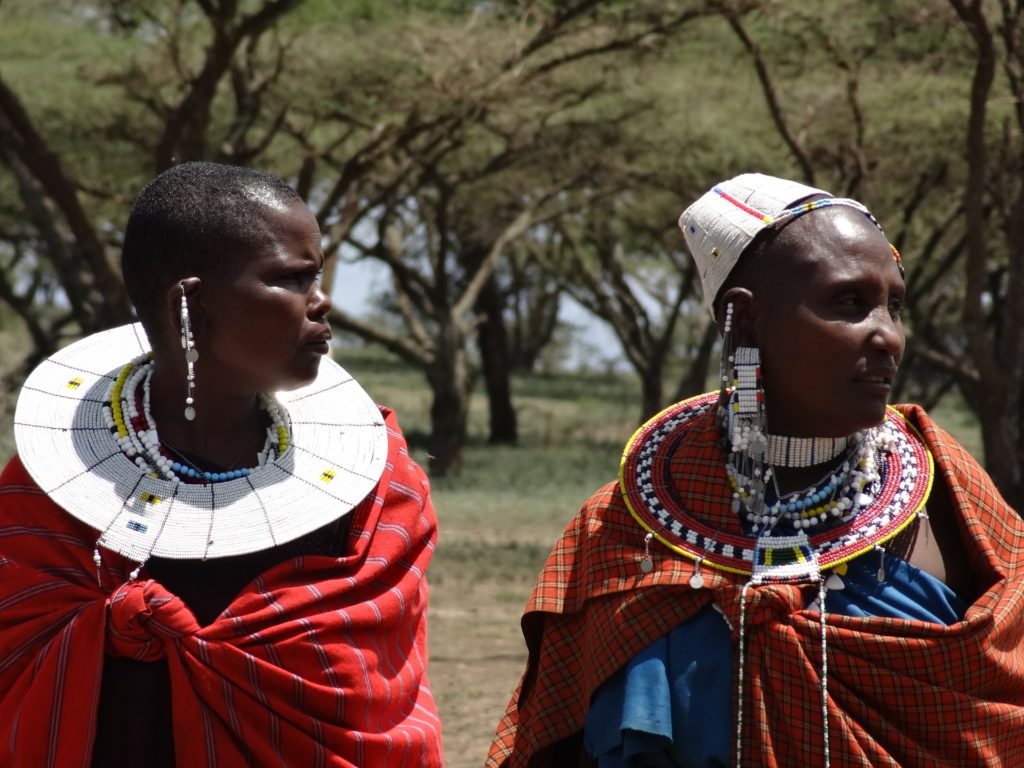5 reasons why ecotourism is better than traditional tourism

Ecotourism is now very popular in the travel and tourism sector. What started as a niche product in the 1980s is now redefining the whole industry. We want experiences that differ from our everyday life, which, very often, we spend in busy cities. We want to relax in peaceful forest lodges or zip-line across cliffs. Whether it is a weekend break camping in the woods or a week’s safari, this little escapade revitalises us.
In general, there is so much that we can do when planning trips. But, ecotourism has a special sparkle worth considering whilst making plans.
Mass tourism
Here, traditional tourism basically refers to mass tourism. Mass tourism is when a lot of people visit the place at the same time. Usually, such trips are in the form of cheap packages so people take advantage of them.
Mass tourism causes a lot of damage to the environment in the form of pollution. People tend to overconsume thus producing a lot of waste. Very often, large groups of tourists are careless when visiting fragile areas like nature reserves such as trampling on plants.
Mass tourism also affects the lifestyles of host communities behaviorally and socio-culturally. In Spain for example, many cities are now inhabitable because of mass tourism.
What is ecotourism?
The International Ecotourism Society defines ecotourism as
‘responsible travel to natural areas that conserves the environment. It sustains the well-being of local people and involves interpretation and education.’
Thus, ecotourism is travelling to natural spots with the minimum impact on the environment. Usually, small groups of tourists visit a particular place at any time. At the same time, these visits also support local communities financially.
So, instead of busy cities and expensive malls, ecotourism offers the traveller an exciting journey in natural landscapes and wildlife.
5 reasons why you should go for ecotourism
1. Ecotourism helps in wildlife protection
As it is, wildlife crime is on the rise. Wildlife crime basically means that people traffic, possess or consume wild animals and plants illegally. Unfortunately, many wild species are in danger today and may become extinct if we do not protect them properly.
African elephant poaching
For example, African elephants are subject to frequent poaching for their tusks. Poachers either kill the animals to remove their tusks or wound them just to get them. In this way, thousands of elephants have lost their lives for the black market ivory trade. More are indirectly wounded during shootings.
So, to protect such wildlife we need money. We have to pay rangers who more often than not lose their lives to poachers. We have to buy equipment and technological gadgets to monitor the animals and plants.
Hence, when eco-tourists visit nature reserves and parks, the money they spend on entrance fees and activities goes into wildlife protection. We can pay local people to care for the wild species. When they get a salary through a proper job, they won’t poach endangered species.
2. Environmental conservation
Also, as a matter of fact, ecotourism helps massively in environmental conservation.
Galapagos Islands conservation
The Galapagos Islands, a territory of Ecuador, is such a common example. This volcanic archipelago is home to several endangered animal and plant species. It includes the Galapagos Penguins, the Flightless Cormorant, the Fur Seal and around 200 endemic plant species. It is actually one of the most important bio-diverse regions in the world that always attracts tourists.
The islets are in their almost pristine conditions today without human involvement because of strict conservation measures. As tourists pay to visit the curious and friendly creatures, we use it to conserve the reserve in its natural state.
Nature reserves in Costa Rica
Likewise, the success of ecotourism has motivated many communities to conserve their environment and natural resources. In Costa Rica for instance, nature reserves cover 25% of the territory! It is the only place in the tropics where deforestation has stopped. Ecotourism not only brings in foreign currency, but also helps to maintain and conserve important eco-zones.

3. Ecotourism supports the least developed communities
Tourism is currently one of the fastest-growing industries in the world amounting to $2 trillion. In fact, tourism is the bread-and-butter of many nations, especially the small, remote islands.
While traditional tourism can have returns of 20% to the local communities, for ecotourism it can be as much as 95%. Without a doubt, it represents a huge amount for the needy populations.
Thus, low-income populations generate funds as they use their natural resources wisely. They build eco-friendly cabins and propose eco-friendly activities. They work as guides or share their homes with tourists.
As currency flows in, they use it to develop their communities and alleviate poverty. They build better infrastructure and afford resources like clean water.
Mountain gorilla trekking in DRC
The Democratic Republic of Congo, for example, is one of the poorest countries in the world. Nevertheless, ecotourism is slowly helping the needy communities in the form of mountain gorilla trekking. These majestic creatures live in the Virunga mountains along the borders of DRC.
Though a one-day trek costs around $400, adventurous and curious tourists enjoy the steamy jungle just to see the endangered mountain gorillas.
In this way, gorilla tourism encourages locals to protect the primates instead of poaching them. The government also uses a part of the earnings to develop villages.
4. Learn new cultures with ecotourism
In any society, the local customs and traditions are sacred and are the essence of existence. As the world becomes smaller with technological advances, younger generations are exposed to a new way of life. Traditions are overlooked or blended into modern ones for a modern world.
But preserving the roots of culture is very important for many nations, especially the indigenous tribes. The best eco-tourism destinations are often located in distant places where exclusive groups live. They have their particular sets of traditions that they do not want to lose.
One very important aspect of ecotourism is that it teaches the tourist such different cultures. The tourist learns and understands the traditions of the host community: spiritual beliefs, arts and livelihoods. At the same time, he must respect them and encourage others to do so.
In fact, indigenous tribes are not very keen on outsiders, but with ecotourism, they can share their local customs. In this way, they can also preserve their ancestral roots.

5. Personal education and awareness
Indeed, ecotourism is an unforgettable experience not only for nature lovers but for every tourist.
It can be an eye-opener for many as they interact with nature in a different way and learn new customs and traditions. What’s more, as they share their experience with their families and friends, they make others more eco-conscious. Such zeal can go a long way as in financing conservation projects right from home.
At the end of the day, this memorable passage pushes us to embrace sustainable practices and help save what’s left of the planet.

Pingback: Environmental studies: Degree, Topics, Importance, Jobs - Yo Nature
Pingback: Negative impacts of tourism on the environment - Yo Nature
Pingback: Sustainable tourism in Mauritius - Yo Nature
Pingback: The negative impacts of humans on the environment - Yo Nature
Pingback: positive impacts of tourism on the environment - Yo Nature